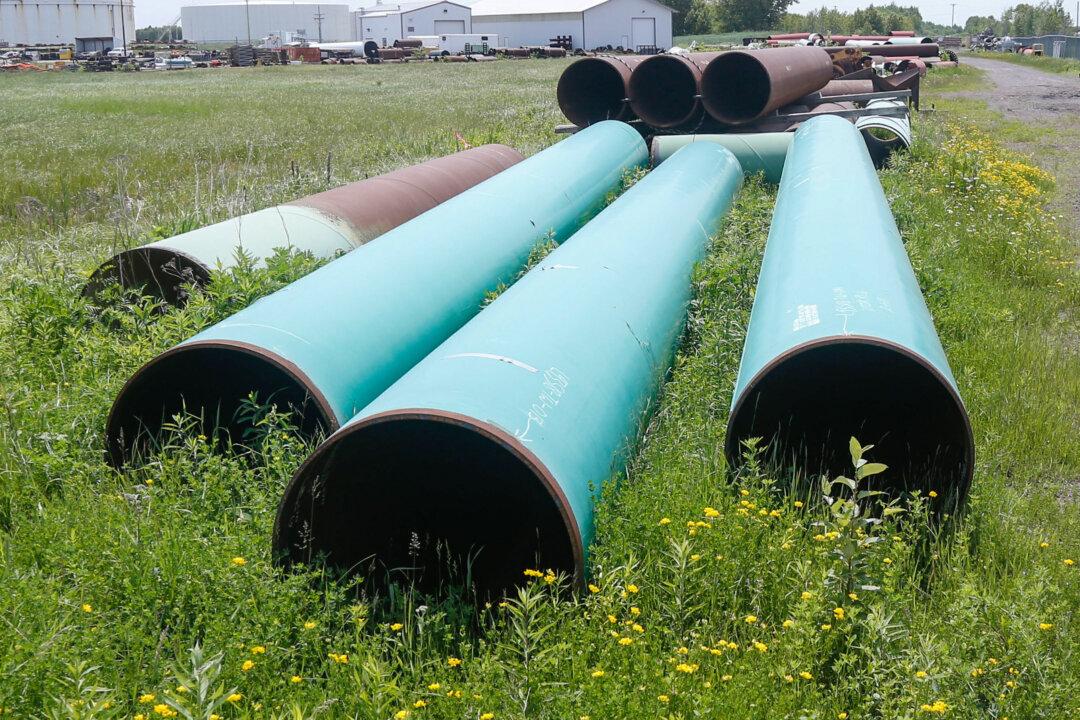Summit Carbon Solutions, the company building the 2,000-mile web of carbon capture pipelines in the Midwest, is being sued for breach of contract by the manufacturer that would make the pipes.
The suit was filed in Delaware Superior Court on April 15.





